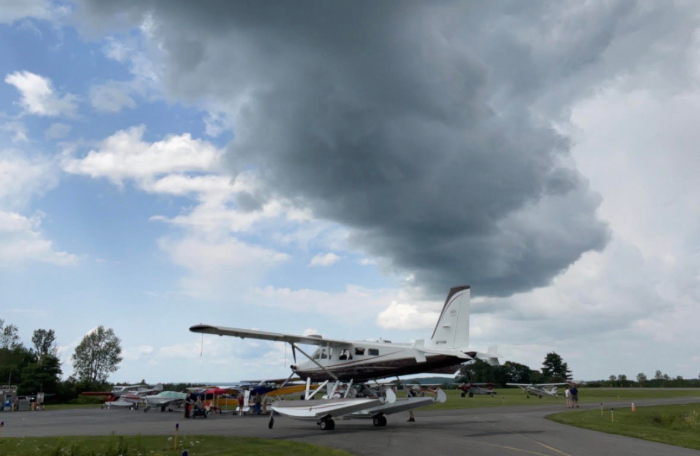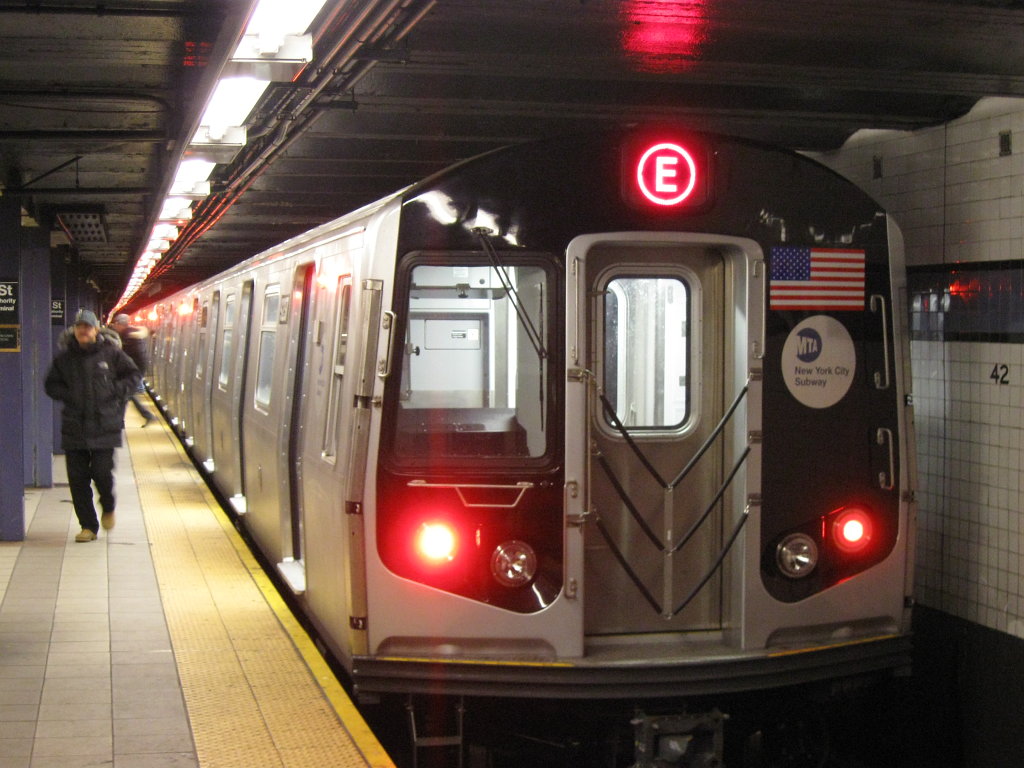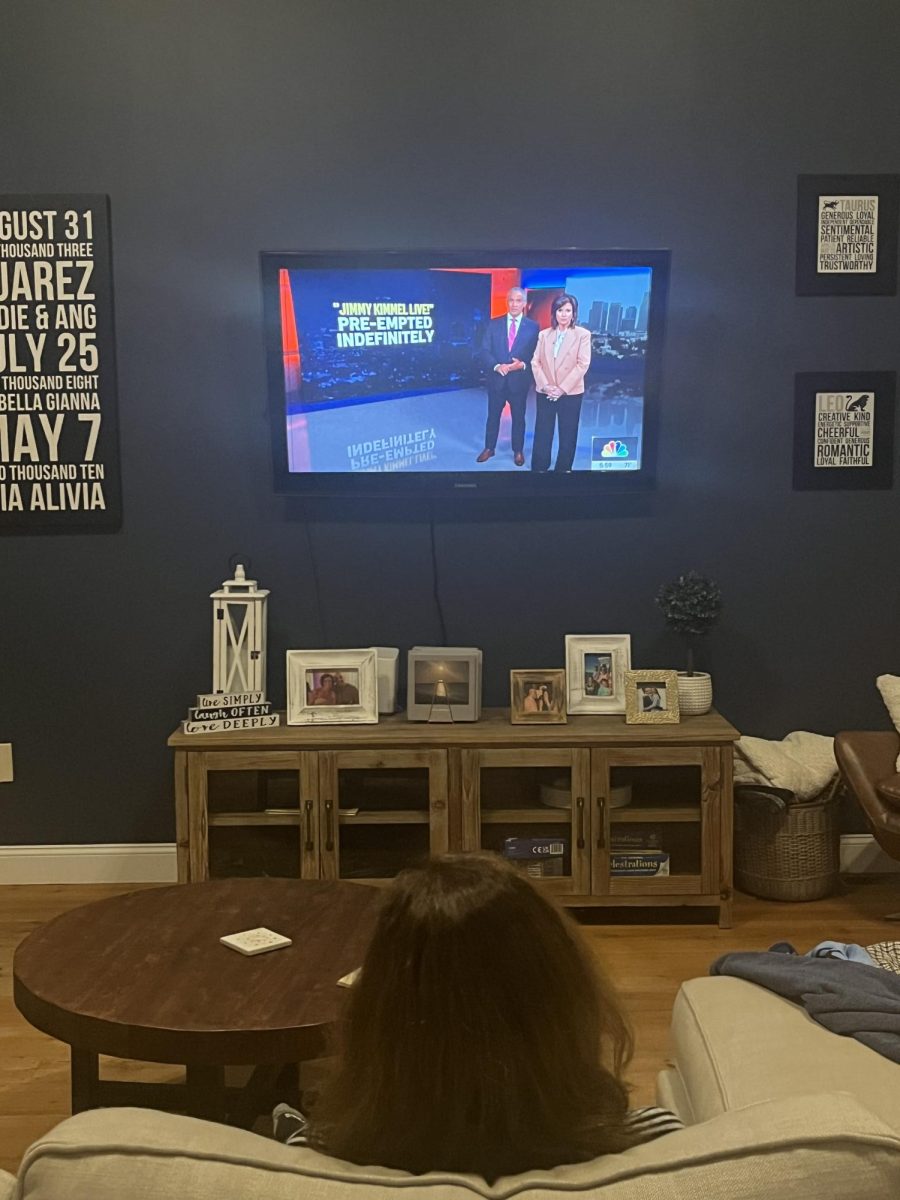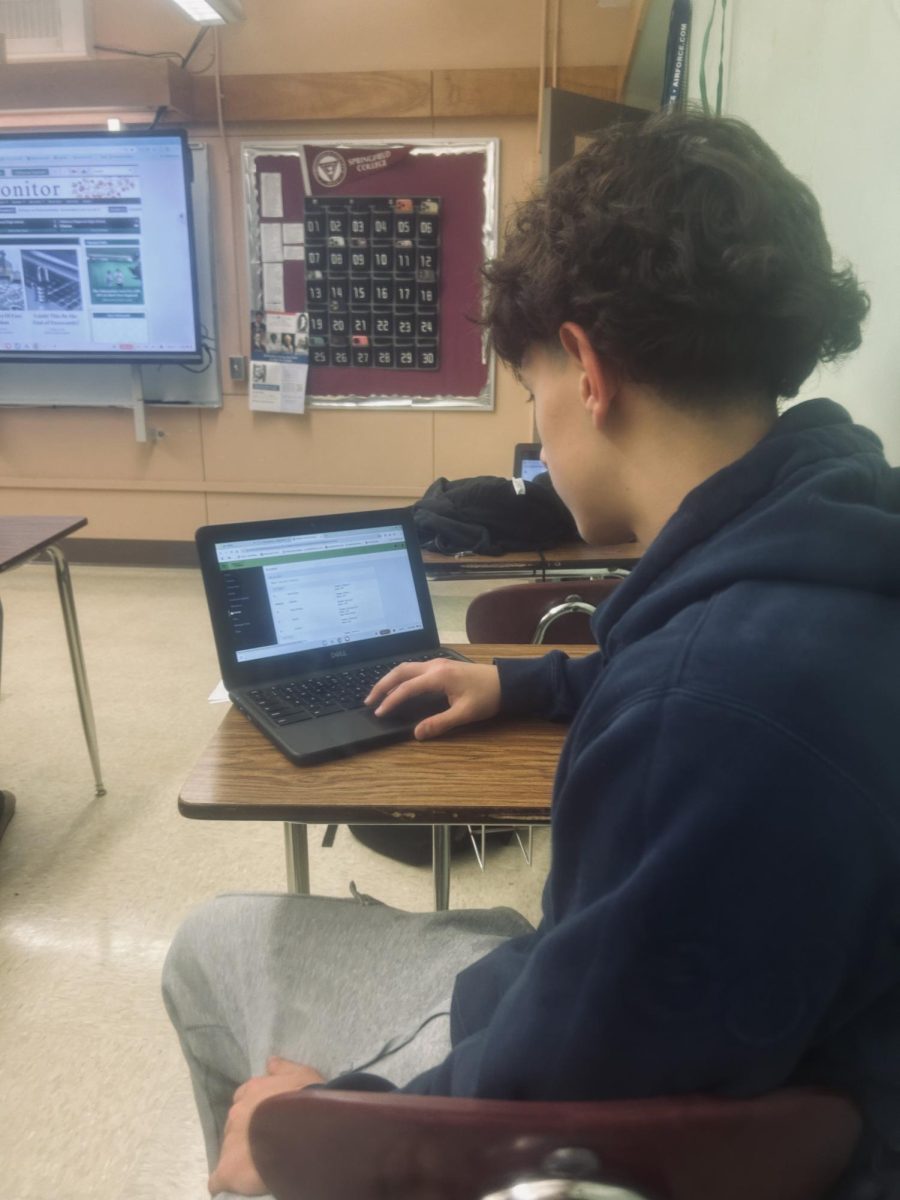Approve- Brett Crossman
Southwest Airlines’ new seat policy is a relief and a breath of fresh air to those who’ve experienced discomfort on planes.
This has been a contentious topic among travelers and those planning to travel. On January 27, 2026, Southwest Airlines will introduce and enforce its “extra seat” policy. This will require people who don’t fit within the airline’s armrests to purchase a second seat. Southwest states, “Customers who encroach upon the neighboring seat(s) should proactively purchase the needed number of seats prior to travel to ensure the additional seat is available.”
People planning to travel should ensure they fit within Southwest’s Boeing 737 seats, which vary in size. Southwest claims that the Boeing 737, which accommodates 700 passengers, has the narrowest seat at 15.5 inches and the widest at 17.0 inches. For the Boeing 737, which carries 800 passengers, the narrowest seat measures 15.5 inches, while the widest seat expands to 17.8 inches.
This size is quite standard when compared to your average desk or fold-up chair. So, this new policy shouldn’t be considered too strict or far-fetched.
Due to the size of some plus-size passengers, some people are left in discomfort and mad. In an interview for The Times article, “An overweight passenger ruined my flight. What are my rights?”, David Hogben stated that his flight was “ruined” and that he felt his rights were violated.
David was taking a three-hour flight on one of EasyJet’s A319s when a passenger sat down and was invading his personal space the whole flight. In the end, he was left with a horrible backache, resulting in discomfort and pain.
The size of some passengers could also threaten the plane’s flow and safety. If a plus-sized passenger were to sit too far into the aisle, they could block the way for others passing by in emergencies. The Federal Aviation Administration states, “There must be a passageway between individual passenger areas, and leading from each aisle to each Type I and Type II emergency exit. These passageways must be unobstructed and at least 20 inches wide.”
Not only is being sat next to a plus-sized passenger annoying to you, but harmful to them. Being crammed into a small seat can lead to pain and discomfort for a plus-sized passenger, along with other health risks.
According to the Medical Air Service, being confined and immobile for a long period in a plane seat can lead to blood pooling in the lower limbs, increasing the chances of clot formation. Some health issues could be triggered, such as aggravated respiratory and sleep conditions, like obstructive sleep apnea. The extra space with a second seat decreases the chances of discomfort for both themselves and other passengers.
While Southwest is receiving backlash for implementing this new policy, they are still leading in accommodating plus-sized travelers. Airlines like Delta Airlines, American Airlines, and United Airlines don’t offer refunds for the extra seat purchased. Whereas Southwest still offers a refund under certain circumstances.
There are three requirements people must meet in order to get a refund on their extra seat purchase from Southwest. First, the flight departing must have at least one seat left open. Second, both seats have to be purchased within the same class. Third, the refund must be requested within 90 days of your flight’s departure date.
Tigress Osborn, executive director of the National Association to Advance Fat Acceptance, doesn’t fully agree with the policy. She believes it’s a step back for the airline and the loss of the “beacon of hope” Southwest was for plus-sized people.
Tigress, however, still rates Southwest’s new policy above other major airlines like Delta, American Airlines, and JetBlue. Along with other experts saying the airline provides more support than other airlines.
With Southwest’s new “extra seat” policy in place, passengers, regardless of size, won’t have to endure discomfort. With this policy in place, plus-sized passengers will need to purchase an additional seat, but are left with the option of a refund under certain circumstances. While some say this is a step back for the airline, this policy still accommodates the most for plus-sized passengers.
Disapprove- Ella Bebeau-Smith
Southwest Airlines will be implementing a new “extra seat” policy for passengers who require more than one seat starting on January 27, 2026.
Southwest Airlines’ new “extra seat” policy will not only affect plus-size passengers flying experience, but also cost a fortune. Plus-size passengers will be required to purchase an extra seat before the flight. If the passenger arrives at the airport and has not reserved the space they need, they will be required to purchase a non-refundable second seat. The second seat may not be guaranteed if there is a full flight, according to Southwest’s website, which states, “We will rebook you on an alternate flight with available seats to your destination.”
This is a major, unfair interruption to the passengers’ itinerary. The entire experience can cause severe travel anxiety and planning logistics. The New York Times calls the policy “devastating” for plus-size passengers, since it raises costs and creates a distressing experience. Plus-size passengers already don’t find flying easy, often holding much shame and humiliation.
In an interview from CNN Travel’s article “We are paying twice for the same experience,” Jae’lynn Chanley, a plus-sized traveler, states that the stereotypes and hostility she faced have been “horrendous.” After launching a petition to mandate all airlines to implement a comprehensive customer-of-size policy, Chanley has received abuse, even death threats.
Southwest is moving backwards from its old “inclusive seating.” Their old policy, which lasted for more than 30 years, included a refund on purchased second seats or a complimentary seat if available. The old policy shaped Southwest as a beacon of hope for the plus-sized community, helping make their flight experiences less stressful.
According to research done by the Harvard T.H. Chan School of Public Health, it is estimated that around 40% of Americans are considered obese, and 18% are considered severely obese.
With the growing obesity rates in America, airlines should start investing in less cramped, larger seating for passengers of all sizes. Economy seats have been reduced in seat width and legroom to maximize passenger capacity over the last few decades.
As stated by USA Today, “The lack of minimum seat size regulations in the U.S. allows airlines to continue shrinking seats, posing potential health and evacuation risks.”
Smaller seats can create a significant mismatch with the growing average size of people, leading to physical strain, shoulder and knee pain, and psychological discomfort from cramped conditions. For individuals with disabilities, the reduced space makes transfers from wheelchairs to seats far more difficult.
Based on research from the American Psychological Association, like other forms of bias and discrimination, weight stigma, also called sizeism, leads to suffering and psychological distress. Sizeism increases a person’s risk for mental health problems such as substance use and suicidality.
Southwest, among other airlines, needs to change its policies in order for its customers to feel comfortable during the duration of their flight, mentally and physically, without imposing financial stress or making customers feel mortification for their needs.
An analysis of the U.S. Department of Transportation data shows the average itinerary airfare for the fourth quarter of 2023 was $385 for a round-trip domestic flight. As flight prices are constantly changing, plus-sized passengers search for cheaper flights. The financial burden of purchasing two seats is forcing some passengers to avoid flying at all costs.
Southwest’s new “extra seat” policy is an example of how plus-sized people are being mistreated everywhere and aren’t given the same services in the travel industry. There are many stigmas and implicit biases surrounding obesity, so companies implementing inclusive policies are the first step in fighting fatphobia. Airlines should redesign future aircraft to accommodate a wider range of body types, ensuring comfort for all passengers without imposing financial burdens for needing more space.






















